Giuseppe Garibaldi: One of the Greatest Generals of Modern Times
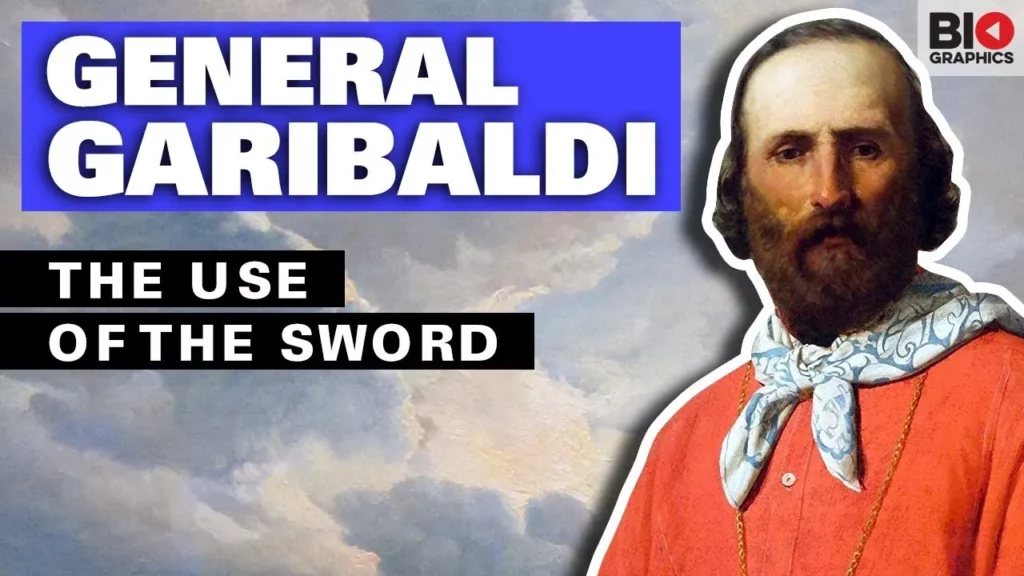
The lesson highlights the pivotal role of General Giuseppe Garibaldi in the unification of Italy, which was achieved in 1861, making Italy a relatively young nation. Garibaldi, a self-taught military leader known for his iconic appearance and guerrilla warfare tactics, led significant campaigns, including the famous ‘Expedition of the Thousand,’ which helped consolidate various Italian states into a unified kingdom. His legacy as a champion of independence and republican ideals continues to influence discussions on nationalism and democracy.
Alexander Graham Bell: A Life of Innovation and Controversy
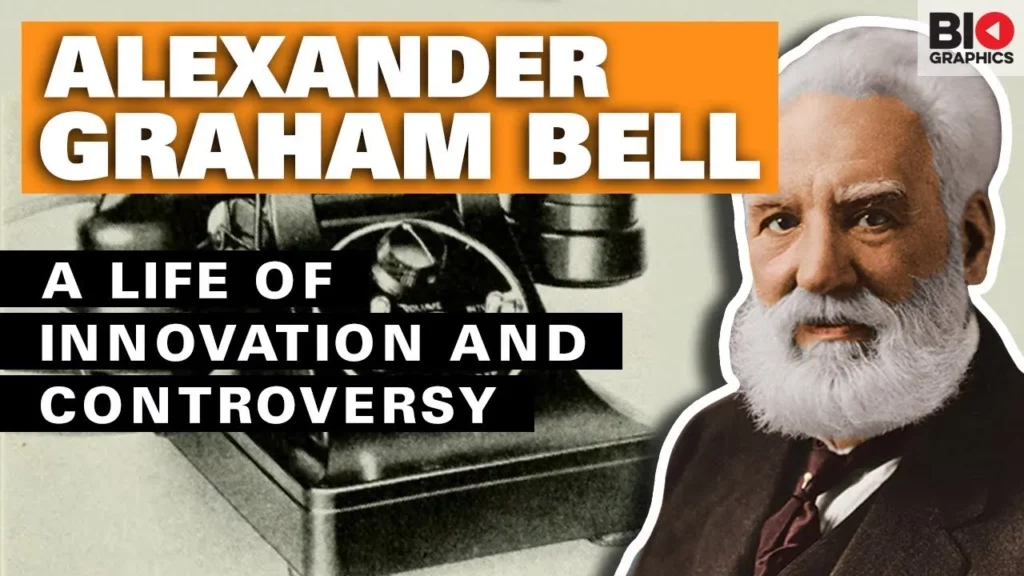
The lesson explores the life of Alexander Graham Bell, highlighting his groundbreaking inventions, particularly the telephone, while also addressing the controversies surrounding his legacy. Born in Scotland and influenced by his family’s background in phonetics, Bell’s innovations extended beyond communication to fields like aviation and sound technology. However, his opposition to sign language and views on eugenics have sparked debate about his impact on the deaf community, raising questions about whether he was a hero or a hinderer.
Wallis Simpson and Edward VIII: The Marriage that Changed History

The lesson explores the profound impact of Edward VIII’s abdication of the British throne in 1936, driven by his love for Wallis Simpson, an American divorcée. This unprecedented decision not only altered the course of British monarchy but also highlighted the tensions between personal desire and royal duty, as Edward chose love over his responsibilities as king. Their tumultuous relationship, marked by societal challenges and personal struggles, remains a significant chapter in 20th-century history.
Joaquin Murrieta: The Real Zorro
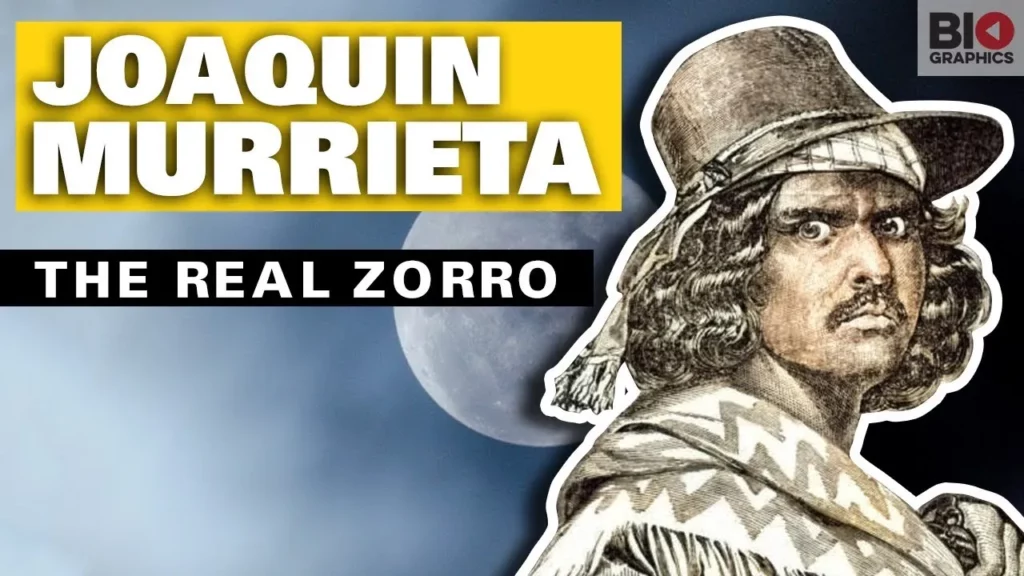
The lesson explores the life of Joaquin Murrieta, a historical figure who inspired the fictional character Zorro. It details Murrieta’s transformation from a gold miner to a vigilante hero seeking justice for the injustices faced by Mexican-Americans during the tumultuous period of California’s transition from Mexican to American control. His legacy, viewed variably as that of a criminal or a hero, continues to provoke discussions about justice and identity in American history.
Sir Charles Kingsford Smith: A Pioneer of Flight
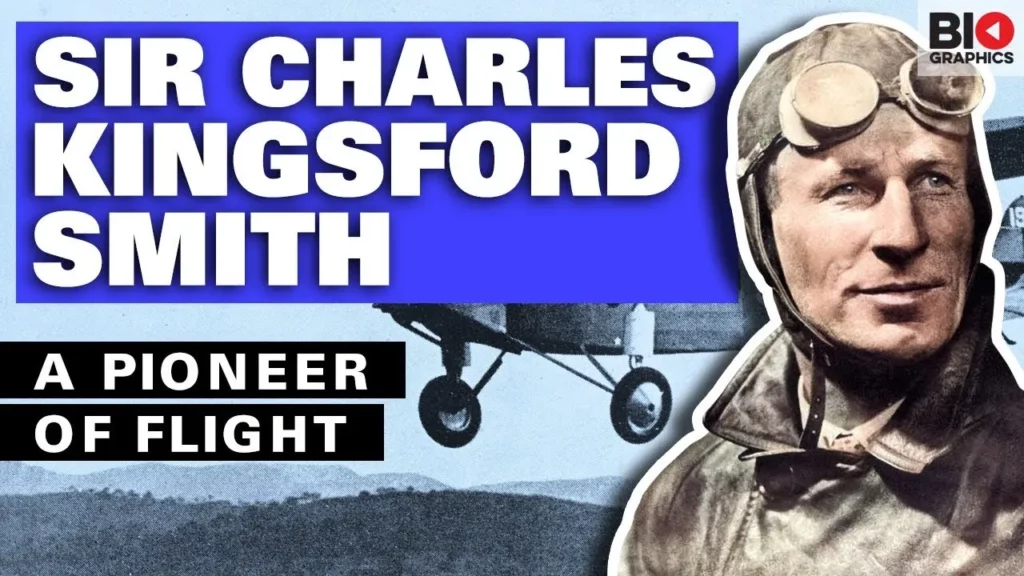
Charles Kingsford Smith was a pioneering aviator from Australia, renowned for his adventurous spirit and significant contributions to aviation, including the first trans-Pacific flight from the United States to Australia. His journey began in World War I, where he developed a passion for flying, leading to numerous historic flights and the establishment of airmail services. Despite facing controversies and a tragic end, Kingsford Smith’s legacy as an aviation hero endures, celebrated for his courage and groundbreaking achievements.
Edgar Allan Poe: Beyond the Horror
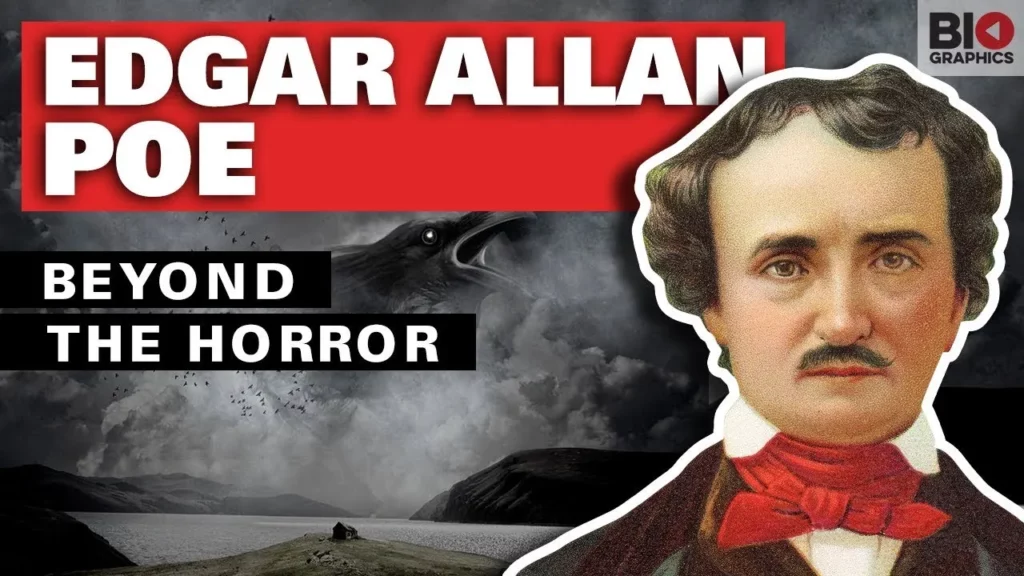
The lesson explores the multifaceted life of Edgar Allan Poe, revealing that he was more than just a writer of horror and mystery; he was a complex individual shaped by personal tragedies and challenges. From his early years as an orphan to his rise as a literary critic and pioneer of detective fiction, Poe’s experiences, including the loss of loved ones and struggles with addiction, significantly influenced his work and legacy. Ultimately, the lesson emphasizes the importance of understanding the man behind the macabre tales, highlighting his lasting impact on literature.
Mad Jack Churchill: A Life Too Unbelievable For Fiction

The lesson on “Mad Jack” Churchill highlights the extraordinary life of a man whose adventures during World War II seemed almost fictional. Known for charging into battle with a broadsword and playing bagpipes to inspire his troops, Churchill’s unconventional approach earned him a legendary status, marked by bravery and eccentricity. After the war, he continued to embrace adventure in civilian life, showcasing a spirit of boldness and humor until his passing in 1996.
Archimedes: The Greatest Mind in Ancient History
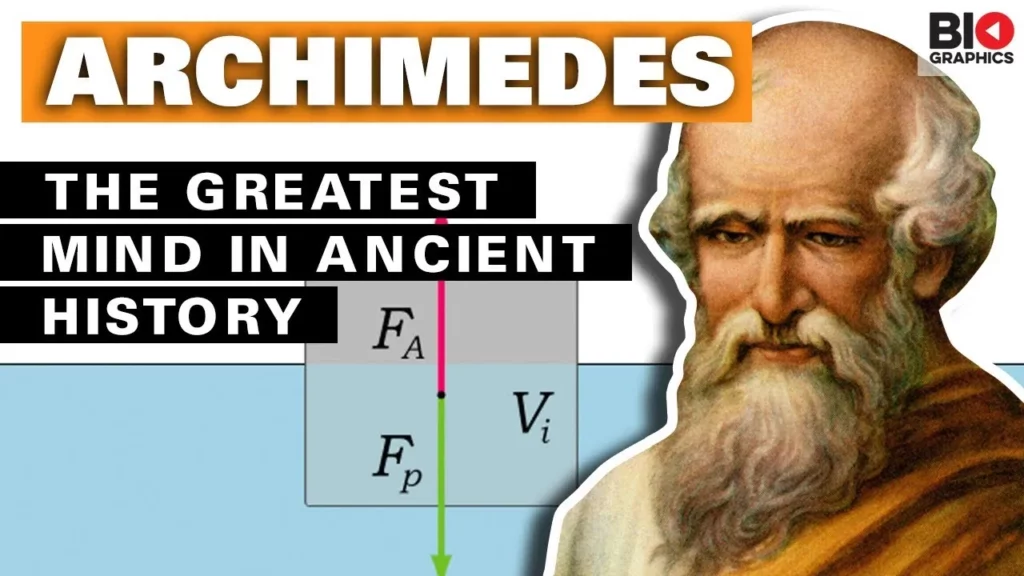
The lesson on Archimedes highlights his remarkable contributions as an ancient Greek mathematician and inventor, whose work laid the groundwork for future scientific advancements. Notable achievements include the invention of the Archimedes Screw, the formulation of the Archimedes Principle, and the development of innovative war machines to defend Syracuse. Despite his tragic death during the Roman invasion, Archimedes’ legacy endures through his mathematical discoveries and inventions, continuing to inspire generations.
Charles Dickens: The Greatest Victorian Novelist
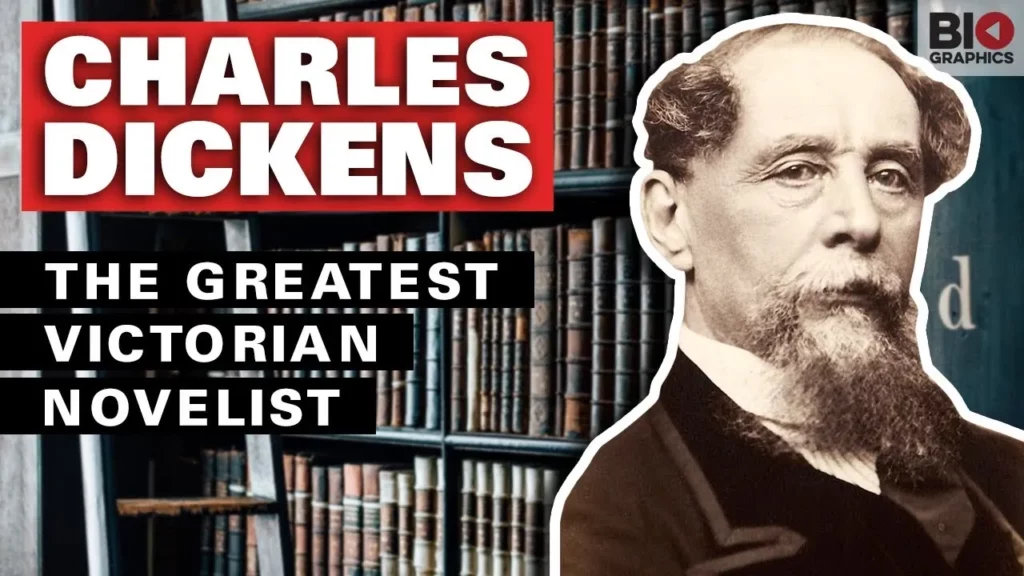
The lesson explores the life and legacy of Charles Dickens, highlighting his status as the greatest Victorian novelist and his profound influence on literature and social reform. It details his challenging childhood, which inspired many of his works, and his commitment to addressing social issues through storytelling. Dickens’ unique style and moral lessons continue to resonate today, making his stories timeless classics celebrated worldwide.
Neville Chamberlain and the Politics of Appeasement
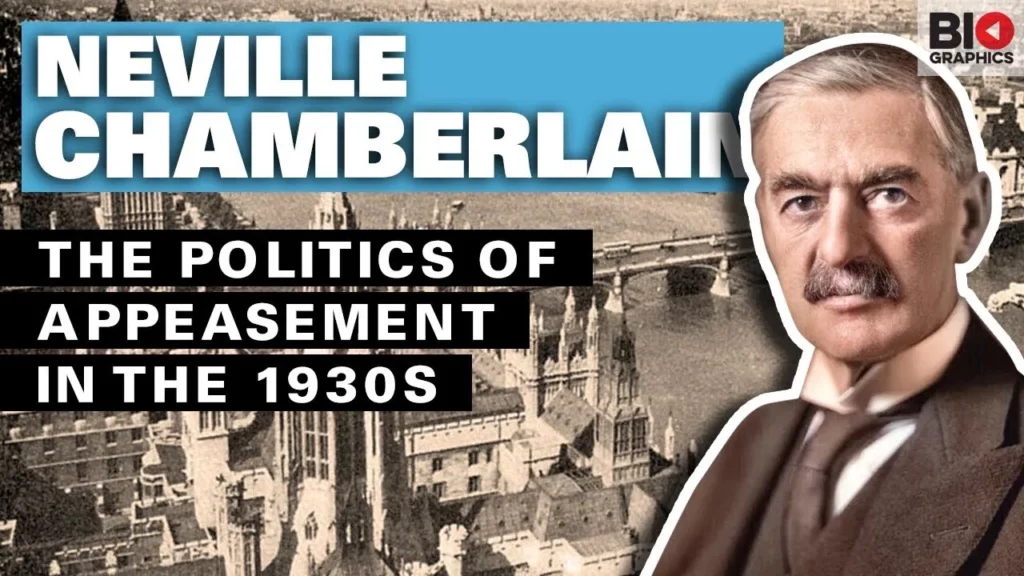
The lesson explores the life and political career of Neville Chamberlain, focusing on his controversial policy of appeasement during the lead-up to World War II. Chamberlain’s decision to concede to Hitler’s demands regarding the Sudetenland is critically examined, highlighting the complexities of his choices and the subsequent consequences of his leadership. Ultimately, the lesson serves as a reflection on the difficult decisions faced by leaders and the potential ramifications of their actions in the context of international relations.